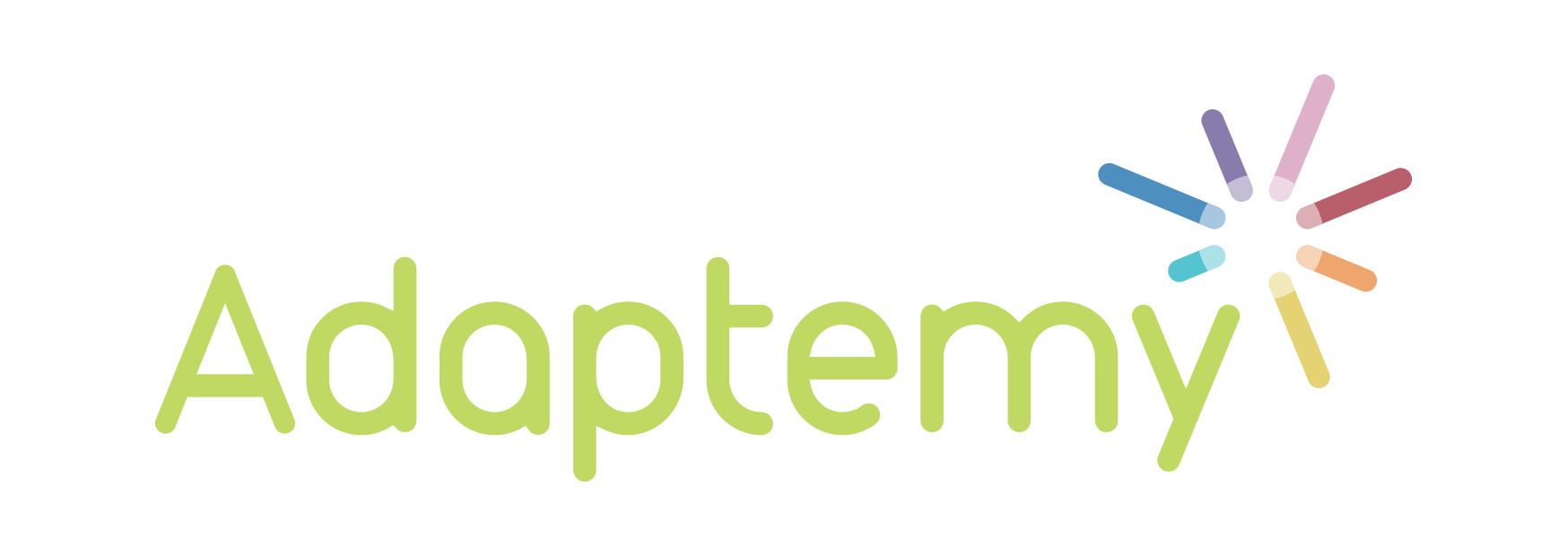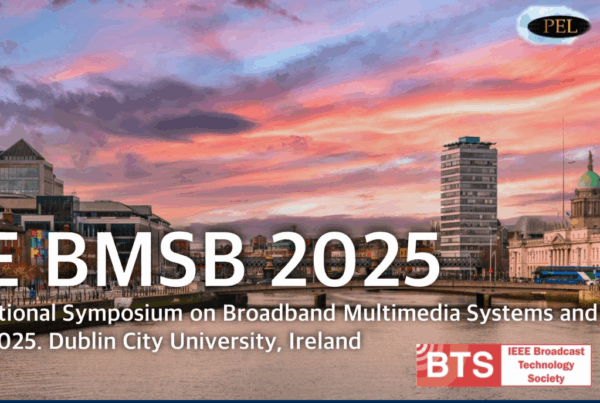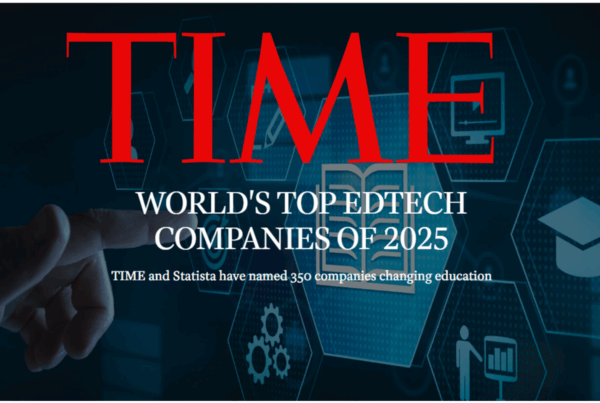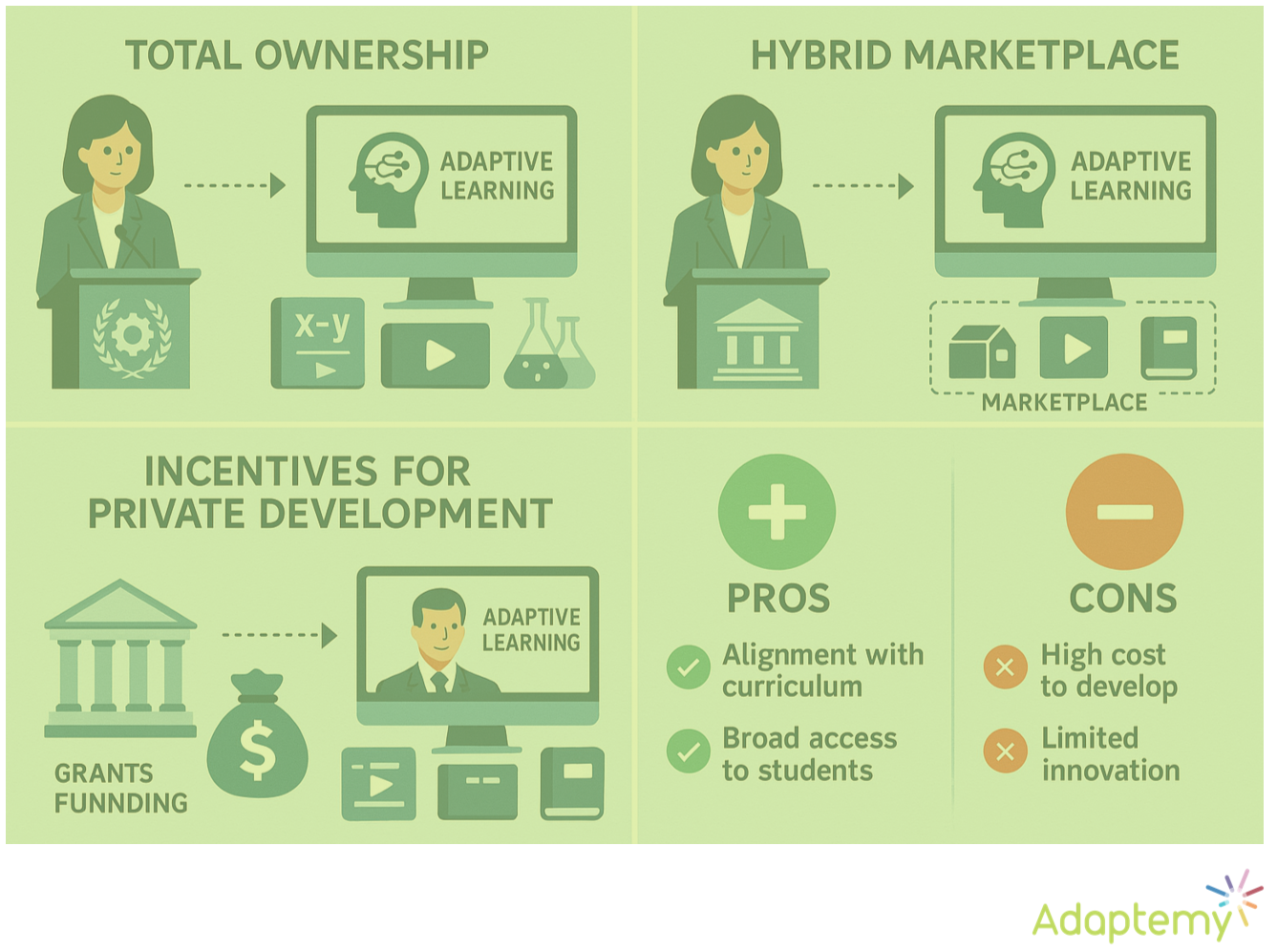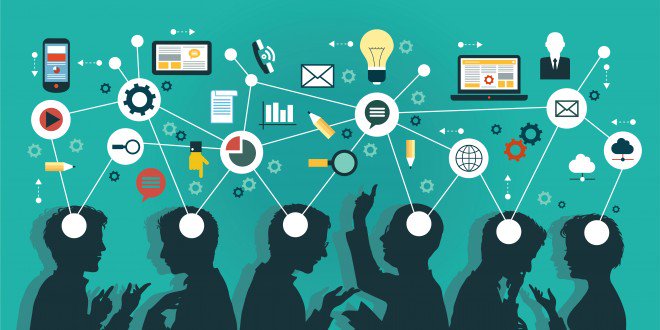
What it means to be truly adaptive
As with any high potential market, in recent years the edtech industry has been flooded with companies claiming to provide adaptive learning solutions. A major problem, however, is that companies either fail to deliver on their promises, or their promises were ill informed and misguided in the first place.
The situation has been further exacerbated by hasty VC investment in this growing market, without a clear understanding of what adaptive learning really means for teachers and students alike. The fact that the industry is on course to attract over $250 billion in investment by 2020, yet at the same time many companies are going under, or struggling to break even, seems to show there is a clear disconnect between investors’ ideas and the needs of the users.
The crux of the failure: companies tend to overlook the human side of education, perhaps getting carried away by the idea that technology, in any form, will benefit the classroom. This is a critical error and one that we at Adaptemy have been intent on avoiding. Our 100% success, and fused technological and educational skillset, has seen us achieve incremental gains in the edtech space. Simply put, if an edtech company is to be successful, the human element of education must be its raison d’être.
Understandably, failure of any sort in the edtech industry leads to distrust and scepticism from both publishers and teachers. A crystal clear understanding of adaptive learning is crucial in order to overcome these failures and stand out in the edtech arena. So, to any company proclaiming to provide adaptive learning, you aren’t if…
You force users down a pre-meditated learning path
No one student learns in the same way and no one teacher teaches identically. While publishers create just one textbook, it might be taught in 100 different ways and it may be learned in 100 more. A fundamental flaw of edtech is attempting to prescribe one learning path for students, when in fact many roads are needed to reach the destination. Both teaching and learning are intuitive – edtech must be too. This is the most complex, yet enthralling, challenge of edtech and overcoming it is at the heart of our company mission.
You focus on the technology, not the people using it
As I have said, education is inherently human. Edtech companies must appreciate that technology’s power to advance education is restricted if it fails to recognise the distinctions in both how people teach and how students learn. There is no need for fancy tech for the sake of it. Technology should only be introduced into a classroom when it exponentially improves the learning environment. Edtech and its investors should never lose sight of who the industry has been created to serve. Edtech exists to advance student’s learning and empower teachers, not replace them.
You are only partly adaptive
Adaptive learning is not about simply adapting to the user’s journey. True adaptive learning adjusts to suit the curriculum, culture and country it’s operating in. There is no one-size-fits all global education model. Therefore, the industry must take into account the varying learning styles and cultural differences of the countries using education technology and create adaptive products that are able to accommodate a specific country’s educational needs.
Of course, educational resources also vary greatly from country to country. Adapting to the technical resources available to the users – whether it’s catering for a laptop over a tablet or a lack of internet access for example – should be part and parcel of adaptive learning solutions. It is this flexibility that is at the heart of truly adaptive solutions. After all, it would be pretty hypocritical if adaptive learning solutions were unable to adapt to their surroundings.
You stop listening
It is imperative that edtech companies maintain a constant feedback loop of requirements with students, teachers and publishers. As an edtech company, listening and learning comes first – then, and only then, can you support and advance teaching methods. This is, in part, why Adaptemy spent an entire year observing, listening and learning in over 50 schools to better understand the needs and nuances of the modern classroom.
If teachers and publishers persistently have their ear to the ground when it comes to educational requirements – so must we. Technology is evolving, so too, are the people using it. The only way to bridge the gap between edtech and its users is to fully grasp the inner workings of the classroom and continually stay on top of the changes. Every teacher was once a student – that’s something edtech can’t afford to forget.
You work in isolation
The market is too young to have total subject specialists. The best technologists work alongside others and avail of one another’s knowledge and insight. Cross collaboration, team work and the sharing of information allow for the development of best practices and understanding that ultimately benefits education as a whole – something any edtech company worth its salt will strive for. Through the H2020 programme we are partnered with various universities and educational companies Europe-wide, drawing upon a rich pool of talent that is united by the common goal of improving education for all.
Given the ever-changing nature of both the tech industry and the education sector, edtech companies need to be continually adapting, learning and communicating in order to serve their users’ needs and keep up to date. As the old saying goes, everyday’s a school day.
